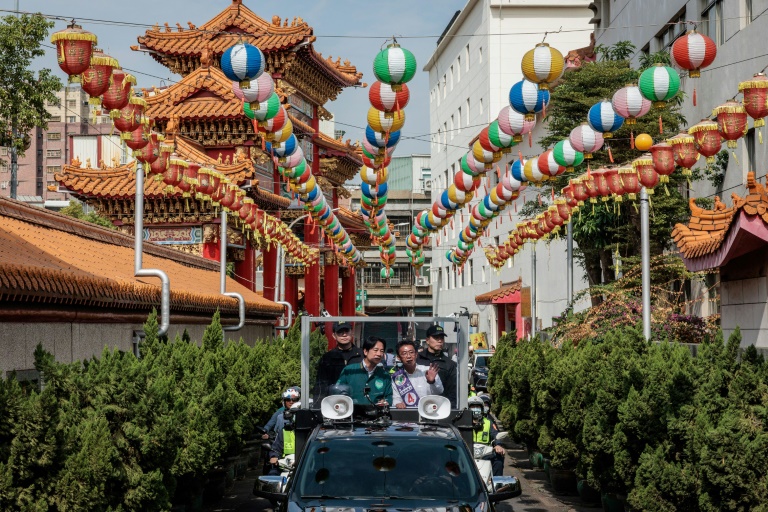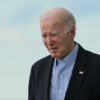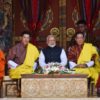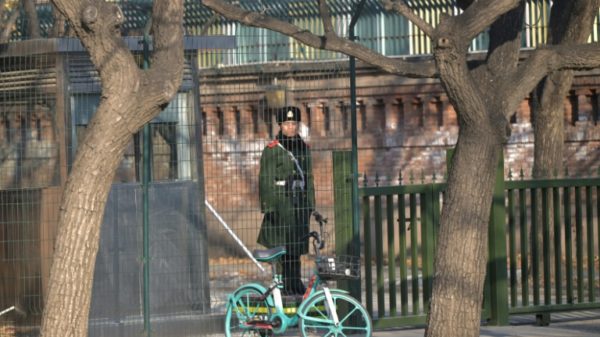Taiwan’s presidential election frontrunner on Tuesday accused Beijing of using “all means” to influence this weekend’s crucial poll, which will set the course of cross-strait ties for the next four years.
Lai Ching-te, Taiwan’s current vice president, said voters should have no illusions about China maintaining peace, but that he would keep the door open for exchanges with Beijing if he takes power.
Saturday’s election will be closely watched from Beijing to Washington as voters choose a new leader to steer the island in the face of an increasingly assertive Beijing.
China claims Taiwan as part of its territory, rejecting the ruling Democratic Progressive Party (DPP) government’s stance that the island is “already independent”.
Beijing has maintained a near-daily military presence around Taiwan — with four Chinese balloons moving across the sensitive median line on Monday, the latest in a series of incursions that Taiwan and conflict experts say is a form of “grey zone” harassment.
Lai said that while China interferes in “every election in Taiwan”, the latest efforts are the “most serious”.
“In addition to political and military intimidation, (it is using) economic means, cognitive warfare, disinformation, threats and incentives,” he told reporters.
“It has resorted to all means to interfere with this election.”
– Hong Kong warning –
President Tsai Ing-wen, who is leaving office after reaching the two-term limit, won a landslide in the last election in 2020.
She was carried to victory by the Taiwan public’s fears of becoming like Hong Kong, which had seen Beijing crack down on dissent by implementing a national security law after city-wide protests for greater freedoms.
Under her administration, Beijing has refused all high-level communications with Tsai and ramped up political and military pressures against Taiwan.
Lai said Tuesday that “as long as there is parity and dignity, Taiwan’s door will always be open” for exchanges and cooperation with China under his leadership.
“But we cannot have illusions about peace. Accepting China’s ‘one-China’ principle is not true peace,” he said, referring to a Beijing doctrine that Taiwan is a part of China.
“Peace without sovereignty is just like Hong Kong. It is a false peace.”
Touting deterrence as a main defence policy, Lai said the DPP’s “pursuit of peace relies on strength, not on the goodwill of the aggressor”.
“The goodwill of invaders cannot be relied on — if you look at Tibet and Xinjiang in the past, or Hong Kong today, these are all good examples,” Lai said.
His opponents on Saturday include Hou Yu-ih, a former police officer and mayor with the Kuomintang (KMT) party, which has long encouraged closer cooperation and compromise with China.
Hou has said that Lai — who has previously dubbed himself a “pragmatic worker for Taiwan’s independence” — represents a danger to cross-strait relations.














